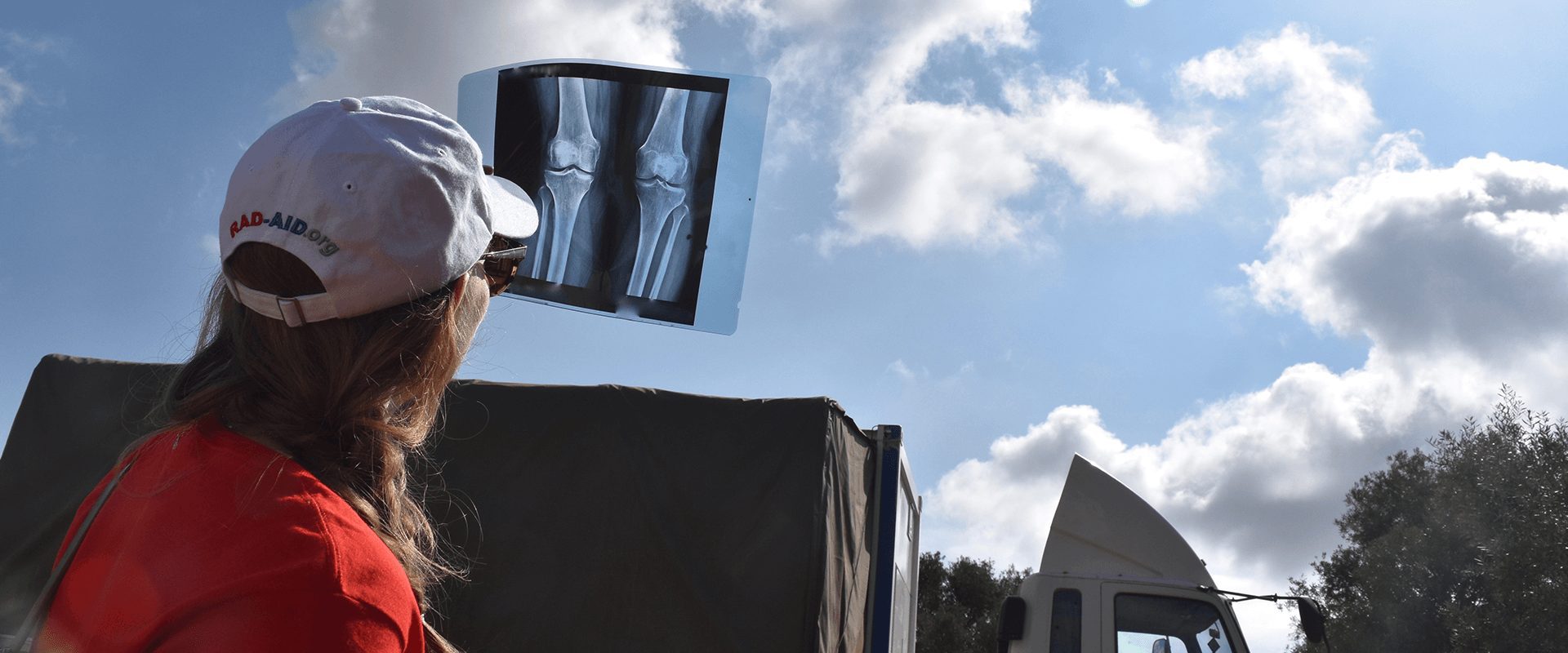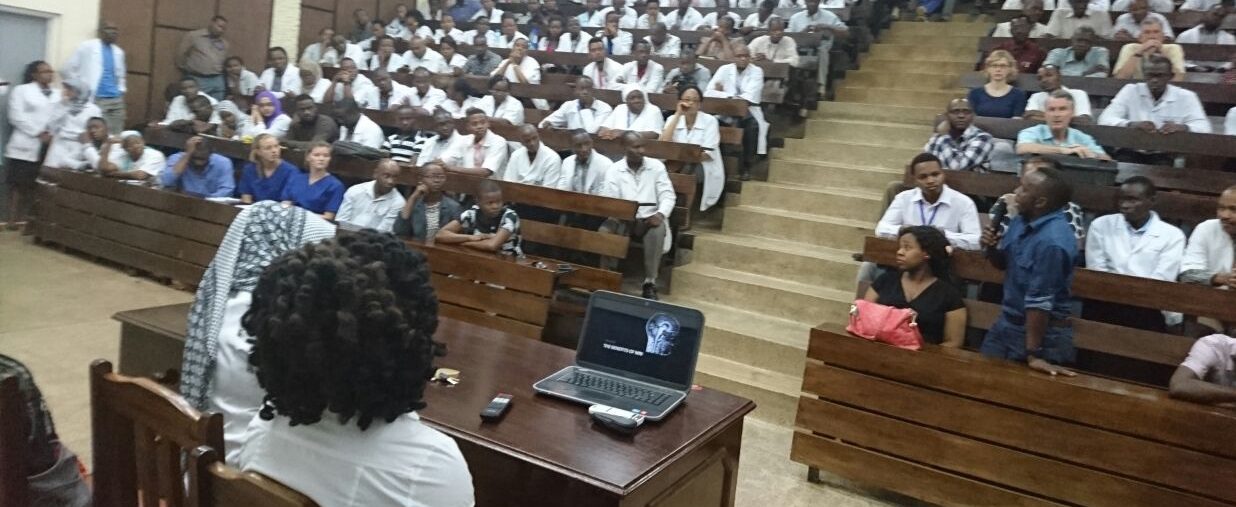
RAD-AID works in over 40 countries to improve and optimize access to medical imaging and radiology in low-resource regions of the world for increasing radiology’s contribution to global public health initiatives and patient care. Find out how RAD-AID delivers radiology globally.
Volunteer with RAD-AID International
Donate to Support RAD-AID Programs
CAPACITY BUILDING
A cornerstone of RAD-AID’s strategy is the Radiology-Readiness tool, which RAD-AID developed and trademarked in 2009, and was endorsed by the World Health Organization in 2011. Radiology-Readiness is a systematic data collection tool for assessing how advanced health care imaging technology can be planned and implemented to best match the medical needs and infrastructure/personnel resources of a community. This approach of advanced assessment leads to effective planning and implementation so that RAD-AID programs have long-term sustainability and measurable outcomes.
RAD-AID invests in education as a sustainable approach for human capacity development. Based on the goals established via Radiology Readiness, we leverage multidisciplinary teams of radiology professionals to give lectures and hands-on trainings, continuously, across the globe. Our volunteers include physicians, radiologic technologists, sonographers, nurses, physicists, business administrators, medical students, and other healthcare professionals. Our content includes diagnostic radiology systems-based approach, pediatrics, interventional radiology, radiation oncology, and nuclear medicine.

Program Manager of RAD-AID Tanzania, Arlene Richardson, teaching at Kilimanjaro Christian Medical Centre
HEALTH TECHNOLOGY AND INNOVATION
Since 2008, when RAD-AID was founded, our Radiology-Readiness assessments across the globe have shown the near-complete absence of digital health technologies that are commonplace in high-income countries, such as Picture Archiving and Communication Systems (PACS), Electronic Health Records (EHR), Radiology Information Systems (RIS), Hospital Information Systems, and other vital health technologies for storing, retrieving, and interpreting patient data. Digital health information technologies save lives and cut costs.
In 2015, RAD-AID launched the International Imaging Informatics Initiative to bring PACS and health information technologies to low and middle-income countries. Using our well-positioned teams around the globe, we introduce essential informatics strategies and technologies, along with education, on-site training, and clinical assistance for well-rounded support of medically underserved communities.
The World Bank reports that over 900 million people lack transportation infrastructure. RAD-AID’s Mobile Healthcare Programs include women’s imaging and screening in India and in underserved areas of Washington, DC. Additionally, the RAD-AID Straightline Medical Airship Program will deliver advanced radiology health services, diagnostic medical imaging equipment, medical assistance in disaster-relief efforts, and poverty remediation to populations that are medically underserved, remote, or limited by poor access to conventional transportation infrastructure.
Global health and radiology are constantly evolving, and RAD-AID makes sure to stay at the forefront of these changes to increase access to care. We never stop innovating.